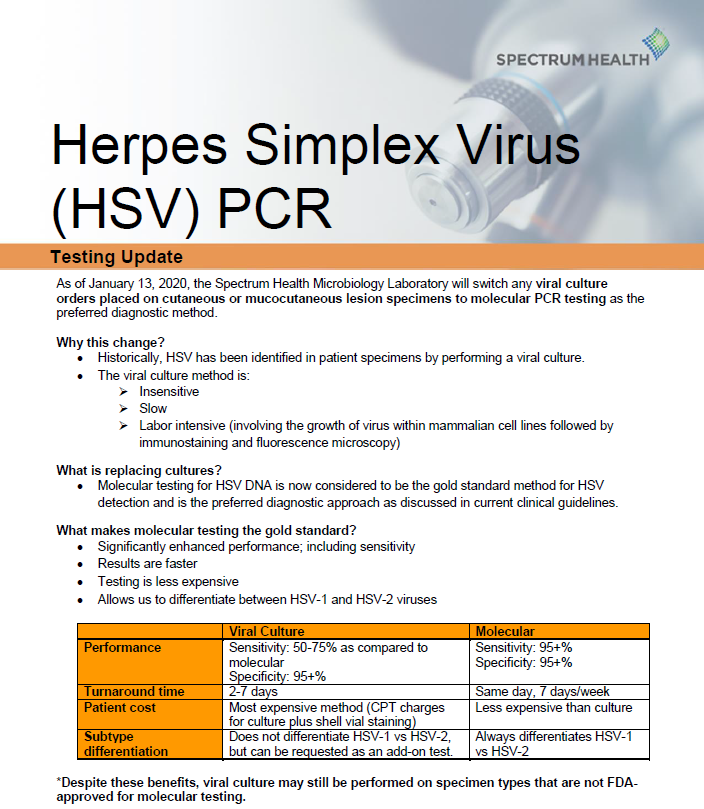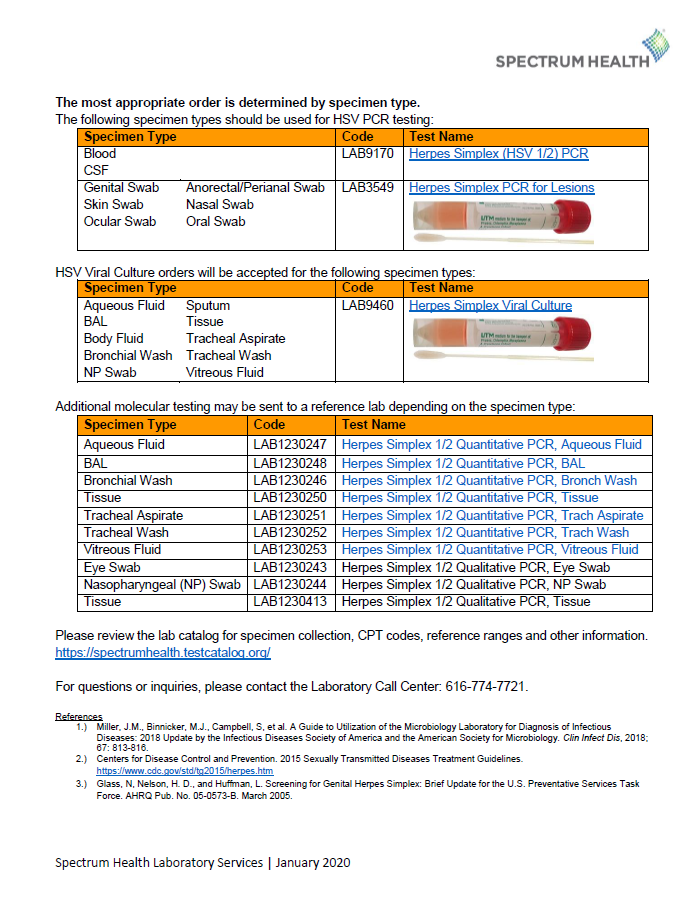The mitigation strategies enacted during the COVID-19 pandemic to reduce the spread of this virus have also impacted the transmission of other respiratory viruses. Influenza is typically prevalent during the winter months (December through March), however, influenza cases were essentially non-existent during the 2020-2021 season and influenza is not currently circulating in our community.
In the absence of circulating influenza activity, it is recommended to use the most sensitive diagnostic test in order to obtain accurate and actionable results. Influenza antigen testing (e.g. Sofia instrument) is not appropriate at this time. More detailed information can be found as published by the CDC: Algorithm to assist in the interpretation of influenza testing results and clinical decision-making during periods when influenza viruses are NOT circulating in the community
| Low Influenza prevalence |
High influenza prevalence |
|
| Recommended order | Influenza PCR (LAB3255) | Influenza Rapid Antigen (LAB2111530) or Influenza PCR (LAB3255) |
TEST INFORMATION
| Test name | Epic code | Interface EMR Code | CPT Code |
| Influenza PCR | LAB3255 | 11594 | 87502 |
| Influenza Rapid Antigen | LAB2111530 | 11208 | 87804 x4 |



